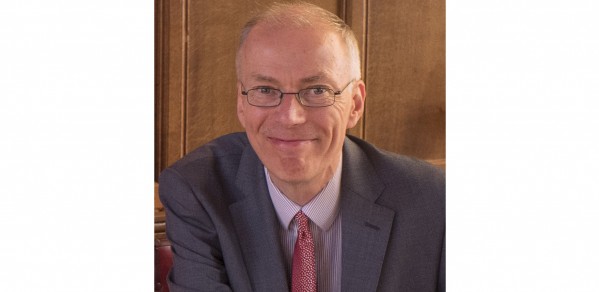
Professor Malcolm Smith elected to a Fellowship of the International Federation of Automatic Control (IFAC).
IFAC is a multinational federation founded in 1957 with the aim to promote the science and technology of control in the broadest sense in all systems, whether, for example, engineering, physical, biological, social or economic, in both theory and application. IFAC is also concerned with the impact of control technology on society.
Malcolm is very honoured by his election as an IFAC Fellow. It is particularly pleasing to Malcolm since there was a strong British contribution to the founding of IFAC with the 1956 Heidelberg resolution being signed by Arnold Tustin and John Westcott (Imperial College) and John Coales and Donald Welbourn (Cambridge) out of 30 signatories. Malcolm's election brings the number of IFAC Fellows in the Cambridge Control Group to four alongside Keith Glover, Jan Maciejowski and Rodolphe Sepulchre.
Malcolm's election is accompanied by the citation: For contributions to robust control and network synthesis and for the invention, development, and application of the inerter.
The IFAC Council voted on the 25 new IFAC Fellows for the 2020-2023 triennium. They were recommended by the Fellow Selection Committee. The newly elected Fellows will be honored within the course of the IFAC World Congress in Yokohama, Japan in July 2023. The IFAC Fellow Award is given to persons who have made outstanding and extraordinary contributions in the field of interest of IFAC, in the role as an Engineer/Scientist, Technical Leader, or Educator. The first Fellows were elected at the IFAC World Congress in Prague in July 2005.

